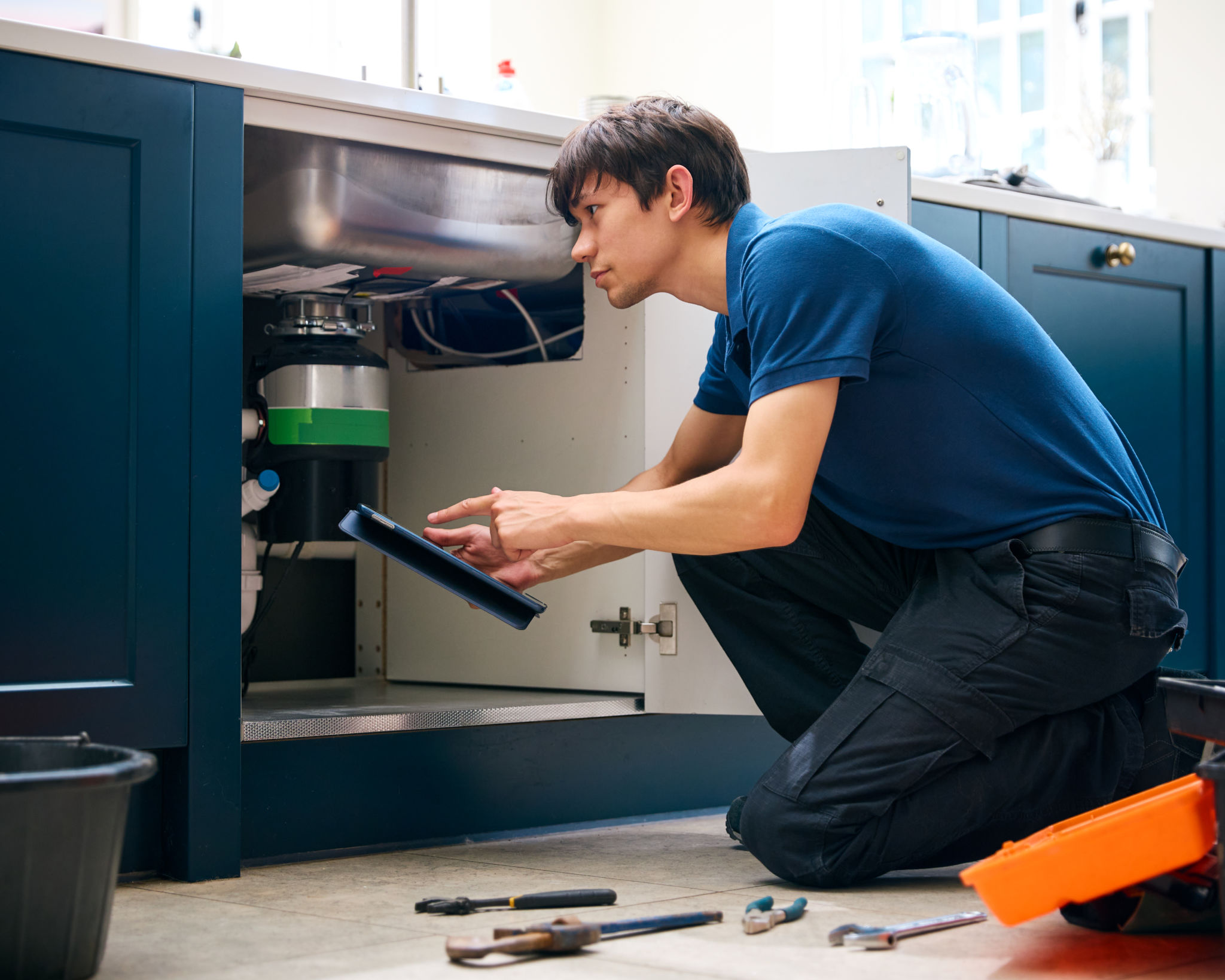Energy Independence in Cameroon: Local Opportunities for Waste-to-Electricity Solutions
The Potential of Waste-to-Electricity Solutions in Cameroon
Cameroon is increasingly exploring innovative solutions to achieve energy independence, and one promising avenue is the conversion of waste into electricity. This approach not only addresses the country's energy needs but also provides a sustainable method to manage waste effectively. In a nation striving for economic growth and environmental sustainability, waste-to-electricity solutions offer a dual benefit that is hard to overlook.
The concept of turning waste into energy involves using various technologies to generate electricity from organic waste materials. This process not only reduces the volume of waste but also contributes significantly to the energy grid. Cameroon, with its abundant agricultural and municipal waste, presents an ideal landscape for implementing these technologies.

Benefits of Waste-to-Electricity Solutions
Implementing waste-to-electricity solutions in Cameroon can lead to numerous advantages. Firstly, it can significantly reduce the environmental impact of waste disposal, as less waste ends up in landfills. Secondly, it offers a renewable source of energy that can help decrease the country's reliance on fossil fuels. This shift is crucial for improving energy security and reducing greenhouse gas emissions.
Moreover, the economic benefits are substantial. By turning waste into a resource, Cameroon can create new industries and job opportunities. Local communities can engage in waste collection and processing, boosting local economies and providing sustainable livelihoods.
Current Challenges and Opportunities
Despite the promising potential, there are several challenges to implementing waste-to-electricity technologies in Cameroon. Infrastructure development, technology costs, and a lack of awareness are significant hurdles. However, these challenges also present opportunities for investment and innovation.

Local governments can play a pivotal role by creating policies that support waste-to-energy projects and by providing incentives for private sector investment. Additionally, international partnerships can bring in the necessary technological expertise and funding to kickstart these initiatives.
Case Studies and Success Stories
Several countries around the world have successfully implemented waste-to-electricity projects, providing valuable lessons for Cameroon. For instance, countries like Sweden and Germany have advanced systems that convert household waste into energy on a large scale. These models demonstrate the feasibility and efficiency of waste-to-energy conversion when supported by robust infrastructure and government policies.

Cameroon can draw inspiration from these examples and tailor them to its specific context. By starting with small-scale projects in urban areas where waste generation is higher, the country can gradually expand these systems to cover more regions.
The Road Ahead for Cameroon
The journey toward energy independence through waste-to-electricity solutions requires collaboration between various stakeholders, including government bodies, private enterprises, and local communities. Education and awareness campaigns will be crucial in garnering public support and participation.
Ultimately, if Cameroon successfully harnesses its waste resources for electricity generation, it will not only achieve greater energy security but also make significant strides toward environmental sustainability. By embracing this opportunity, Cameroon can set an example for other nations in Africa and beyond.
